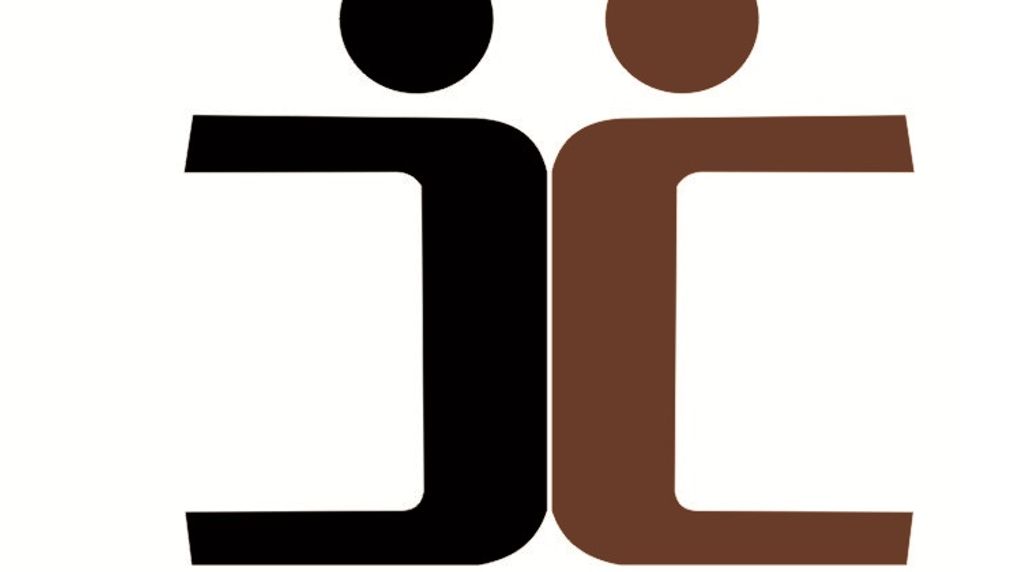Changing The Narrative
Changing The Narrative will highlight systematic structural racism intersecting California's Welfare Institution Code and the diagnosis and treatment clinical practice. We will develop social marketing communications that build awareness for policy changes to reverse the overrepresentation of system-impacted Black youth in the mental health system. We will build youth-serving organizations' social and intellectual capital to establish equity of opportunity for all Angelinos.

What is the primary issue area that your application will impact?
Support for Foster and Systems-Impacted Youth
In which areas of Los Angeles will you be directly working?
San Gabriel Valley
South LA
Antelope Valley
County of Los Angeles
In what stage of innovation is this project, program, or initiative?
Research (initial work to identify and understand the problem)
What is your understanding of the issue that you are seeking to address?
In 1998, as a mental health case manager, I noticed Black social workers were fraught with diagnosing children's behavioral issues with mental disorders. Black students often were referred for school-based services. Then and today, Black students continue to be the victims of systemic structural racism due to the California Welfare Institution Code 5600.3 definition of Severely Emotionally Disturbed and the service criteria's exploitation of the diagnosis and treatment clinical practice. The policy and practice are culturally destructive and a significant contributor to mental health stigma amongst Blacks, as trauma and racism have become public health priorities. It has become imperative Black youth advocate for policy and practice changes to ensure the practical adaptation of prevention and early intervention programs in alignment with Senate Bill 1004, authored by S. Wiener in 2018, and Governor Newsom's 2022 $4.7 billion investment to transform the children's mental health system.
Describe the project, program, or initiative this grant will support to address the issue.
Changing The Narrative impacts policy to restrict clinical-driven early intervention program funding from diagnosing and treating coming-of-age students experiencing behavioral issues. As trauma and income inequality rises, prevention and early intervention programs must be non, stigmatizing, and non-clinical integrated across the K-12, Tier I, and II Multi-Tier Support System. It has become mission-critical to engage all students proactively and to intervene early to assess for suicidal ideation effectively as opposed to decisively diagnosing maladaptive student behaviors. To reverse racism and discrimination in the policy and practice, we will develop a social marketing advocacy campaign consistent of: Twenty to thirty (20-30) Focus Groups with male and female Black transition-age youth (20), the parents of children 9-15 (5), and men over 40 (5), totaling an estimated 520 subjects. Meet with two (2) local newspaper editorial boards to seek their endorsement of legislation that would redefine the Welfare Institution Code and the reallocation of MHSA early intervention funding for non-clinical supports. Host six (6) targeted rallies to inform and influence policymakers to create and support policies to improve the policy language and delivery of prevention early intervention programs. Host a Changing The Narrative Summit to present the campaign's communications and advocacy activities results and collect additional participants' feedback and perspectives on program concepts.
Describe how Los Angeles County will be different if your work is successful.
In the short term, 6-10 months, we expect to influence the Los Angeles County Board of Supervisors to shift school-based MHSA Early Intervention funding from traditional clinical practice-operated agencies to non-traditional organizations offering community-defined methods that deliver evidence-based practices. In addition, request school boards to reconsider their referral for mental health service process and determine guidelines for authorizing them. Accomplishing this feat will shift significant funding to community-based organizations financially impacted by the coronavirus pandemic that has developed novel approaches. In the long term, 1-2 years, we expect California's Legislators to adopt language suitable for identifying the 0-18 population experiencing a crisis and change the service criteria automatically authorizing mental health services based on misfortune involvement in children and family services, special education or juvenile justice systems.
What evidence do you have that this project, program, or initiative is or will be successful, and how will you define and measure success?
The Changing The Narrative Initiative represents a burden and labor of love communicating the complexity of health and human services and K-12 education policy and practices over twenty years. To discover the mental health system significantly contributes to stigma amongst Black people, revealing why the population persistently stresses that the institutional system must change. We will consider the initiative successful in capturing 70% of signed and dated, with residing zip code of each subject partaking in the focus group discussions. In addition, the number of news articles appearing in the local newspapers and each advocacy rally's impact on influencing a board of supervisor action. We will evaluate the focus group surveys and synthesize qualitative responses to present the most robust narrative to prepare to influence the policy and practice changes that aim to reverse the overrepresentation of Black students in the mental health system.
Approximately how many people will be impacted by this project, program, or initiative?
Direct Impact: 500
Indirect Impact: 14,000